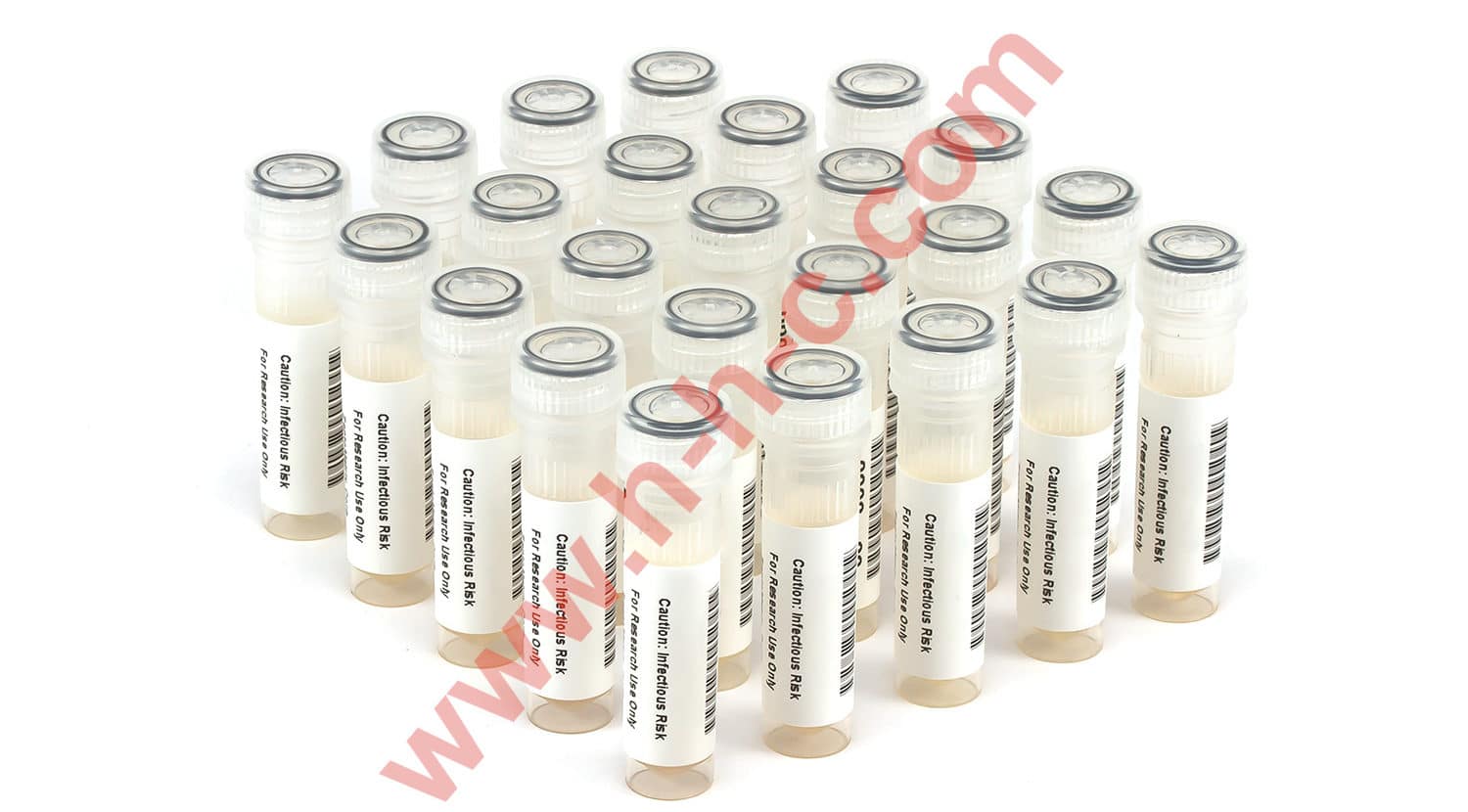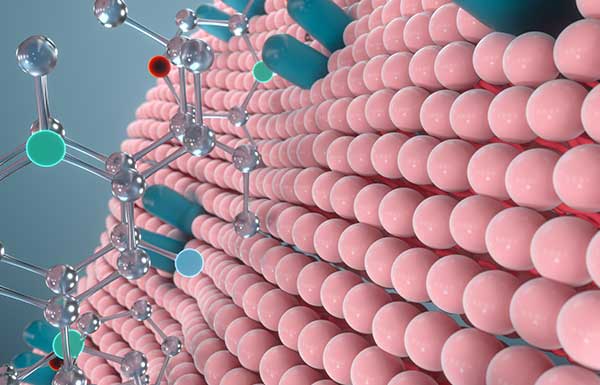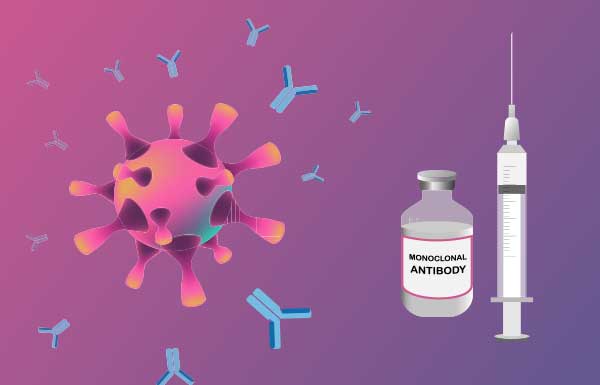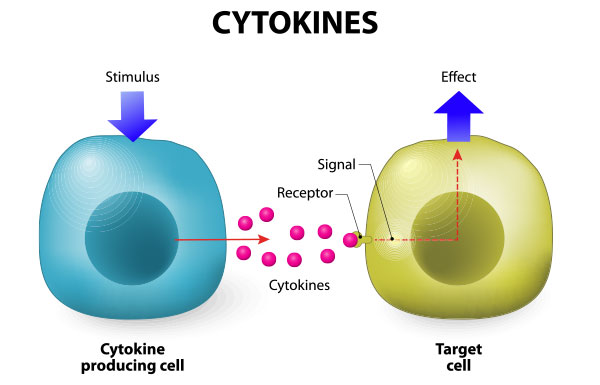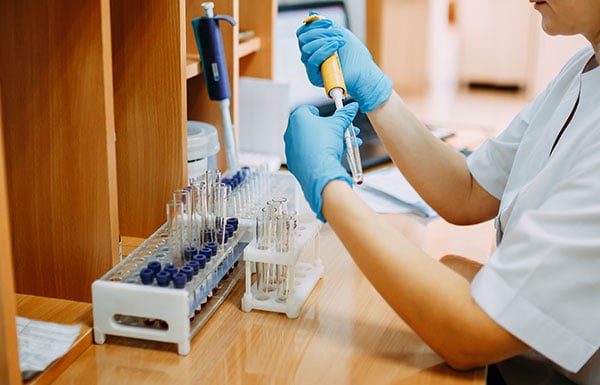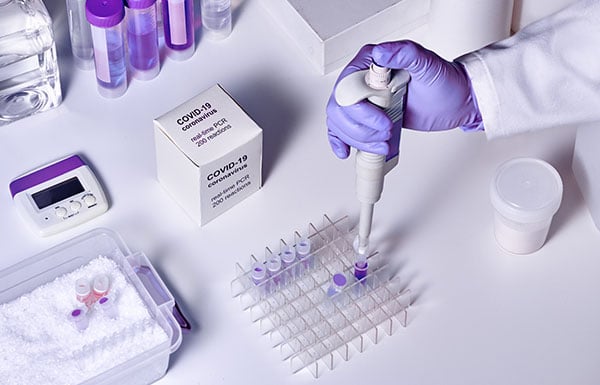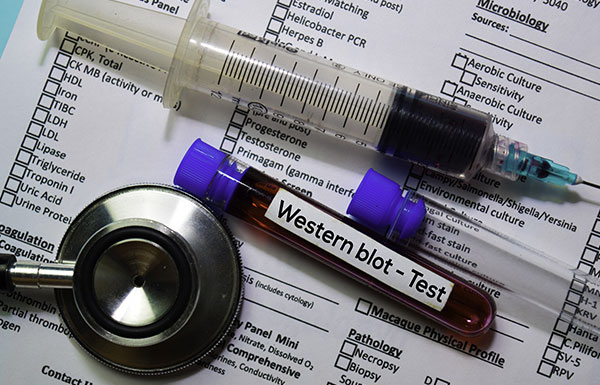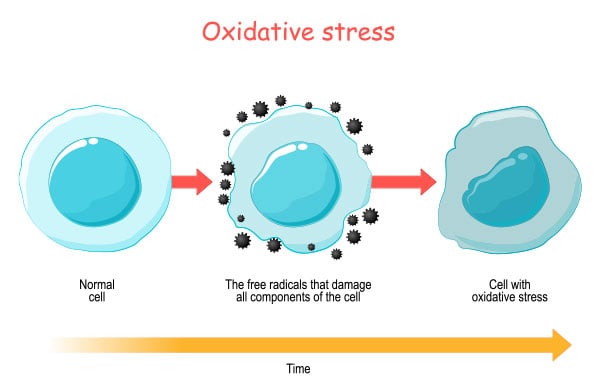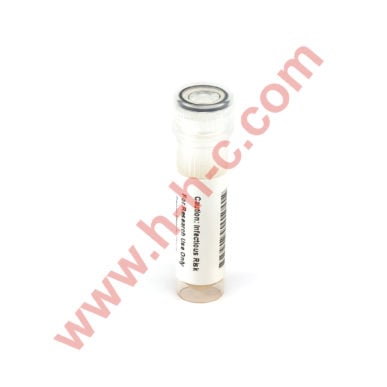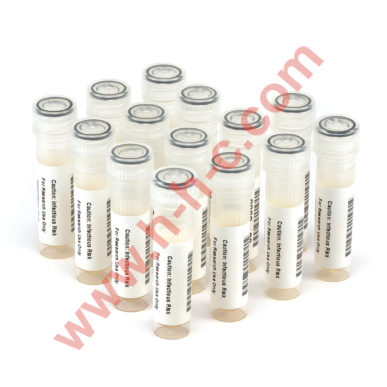The way to Antibody Validation standards and its Challenges

Post Views: 1,685 An Antibody is one of the most universally used reagents in science research, clinical tests and diagnostics. Regardless of their well-known use and the considerable investment of time and money that their benefits represent, no standard guidelines define how antibodies should be validated before use. What is Antibody validation? Validation is an…

